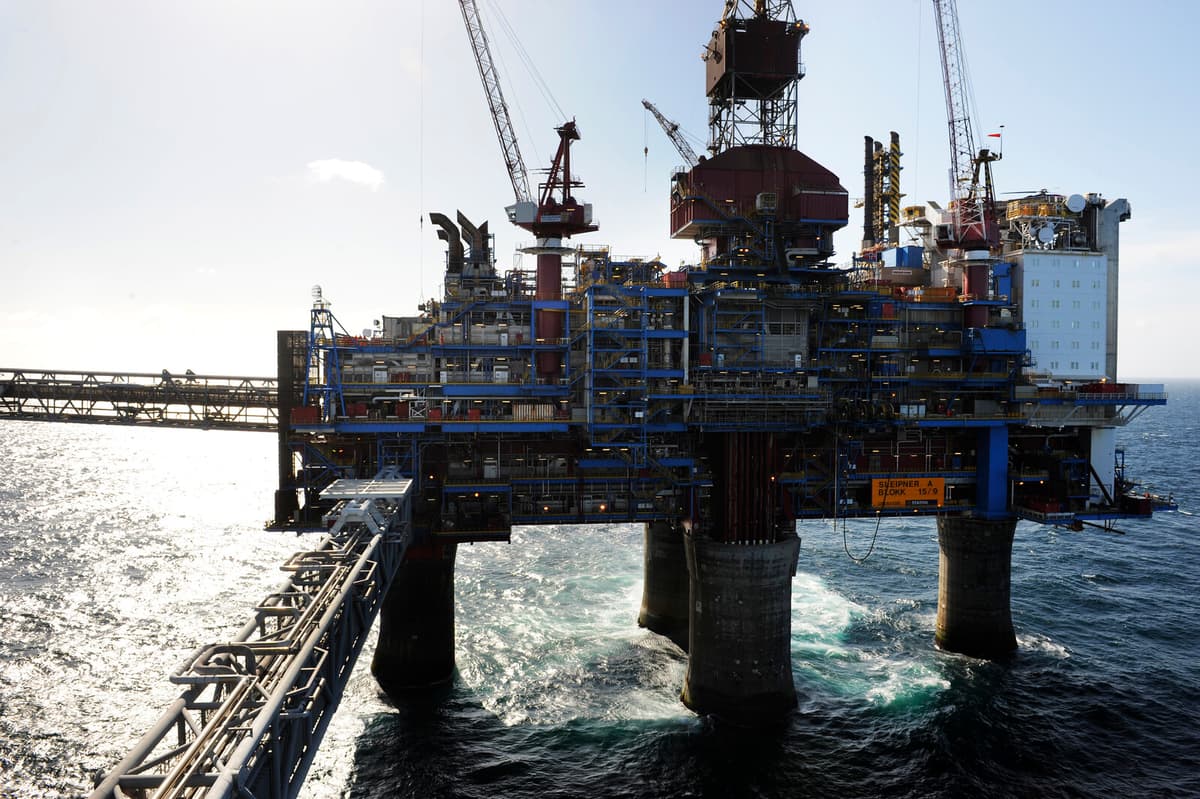The money is intended for two industrial clusters, in Merseyside and Teesside in northwestern England and northern Wales, according to British media.
The government's commitment has led to companies such as BP and Norwegian Equinor investing an additional 8 billion pounds, according to The Guardian.
The so-called CCS projects involve capturing carbon dioxide in the chimneys of large emitters, such as factories and power plants. The carbon dioxide is then transported away for storage deep in the ground for thousands of years.
The technology has been identified as crucial for achieving emission targets, particularly in certain industries that will have difficulty reducing emissions. However, it has also been criticized for risking that emitters will continue to burn fossil fuels as usual. It is also a relatively new technology, with few large-scale projects realized, which requires a lot of energy.
The hope for the British projects is to start collecting carbon dioxide in 2028, creating 4,000 direct jobs and leading to emission reductions of 8.5 million tons of carbon dioxide annually, according to BBC.






